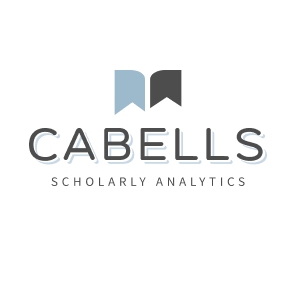
Scholarly Literature is a powerful tool for researchers looking to further their understanding and gain insights. A Scholarly Database is a collection of sources that contain information on a particular field or topic, such as journal articles, books, book chapters, dissertations, and other scholarly works.
Maximizing Data Accessibility
Scholarly databases are highly valuable because they make it easier for researchers to access data quickly and accurately. Unlike physical libraries or archives, which can take days or even weeks to search for the correct material, online databases make it easier to find relevant research with just a few clicks. Furthermore, the ability to search by keyword and other parameters often makes it easier to find more specific results. This makes them an invaluable resource for scholars who want to quickly get access to current and relevant research.
Engaging with Developments in Your Field
By using a scholarly database, researchers can stay current on their field of study. As new developments occur in any given discipline, search terms can be modified accordingly to ensure that the latest and most up-to-date research is accessible. Additionally, scholars can use these databases to gather information about what topics are being discussed within their field and identify areas in which additional research is needed.
Finding Inspiration
In addition to providing access to the latest research, scholarly databases can also help researchers to find ideas for potential projects. By browsing through the available studies, researchers may find inspiration and gain insights into how their own research may fit into the wider context. In this way, scholarly databases can provide an important source of guidance and support, especially for researchers who are just starting out.
Helping to Establish Credibility
Using a scholarly database can also help researchers to establish credibility in their work. By citing references from peer-reviewed publications, researchers can add weight to their arguments and demonstrate that their work has been vetted by experts in the field. In this way, scholarly databases can help to bolster the authority of an individual’s research and strengthen its impact.
Discovering New Trends
The fact that scholarly databases are constantly updated with new information also makes them a useful tool for uncovering emerging trends. By regularly searching for new topics within a certain area of interest, researchers can identify potential opportunities and gain early insight into areas of study that could be the focus of future work.

Streamlining the Process
Given the sheer amount of information available in scholarly databases, traditional search techniques can often be time consuming and tedious. To make the process faster and more efficient, several platforms have been developed which allow users to automate searches and export data in a variety of formats. With these tools, researchers can save time and energy, allowing them to focus more on their research and less on the process of sourcing data.
Overall, scholarly databases are an invaluable asset for researchers looking for the latest information and insights. From helping to streamline the research process to finding inspiration for new projects, these databases can be used by anyone seeking to gain a deeper understanding of their chosen field.














